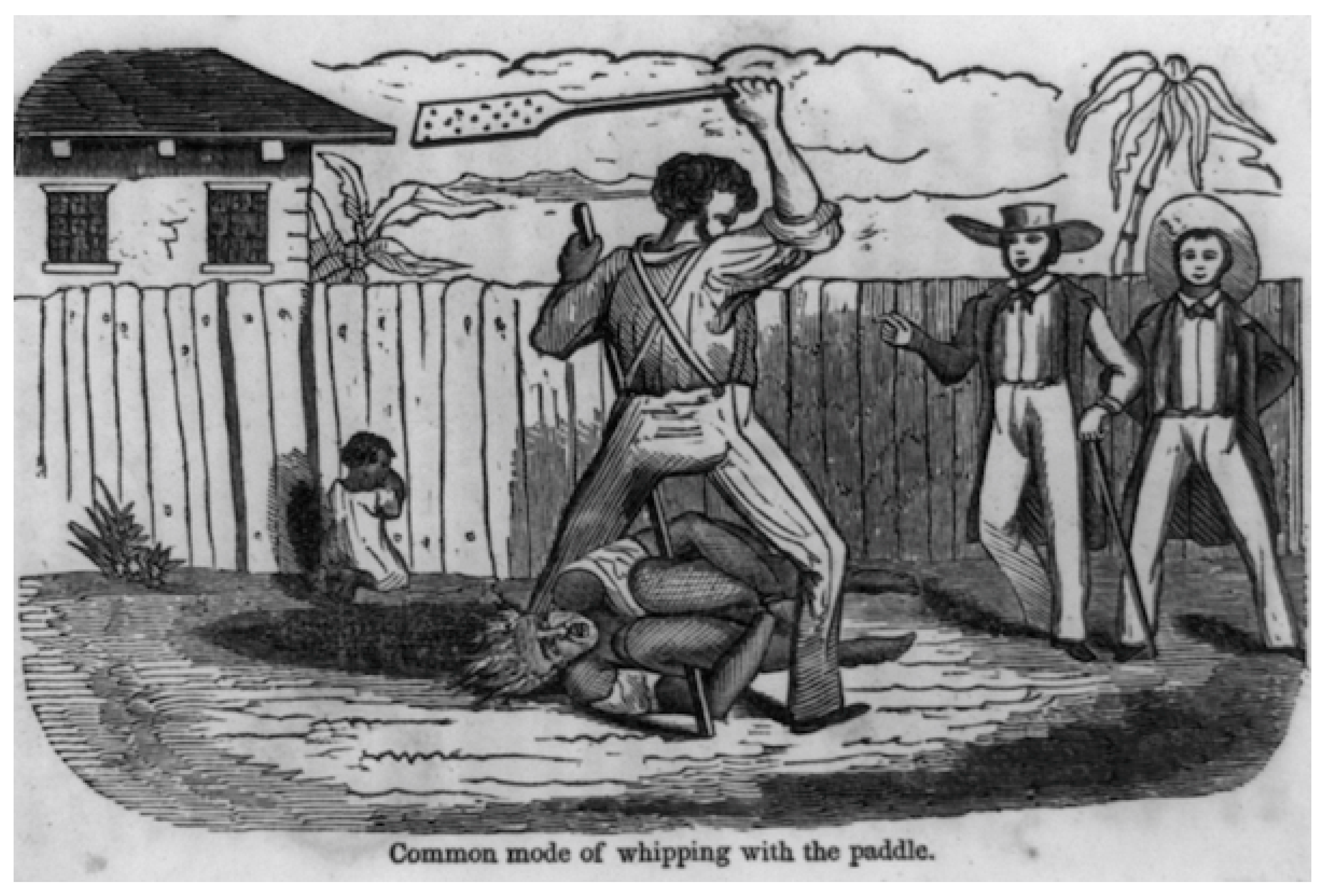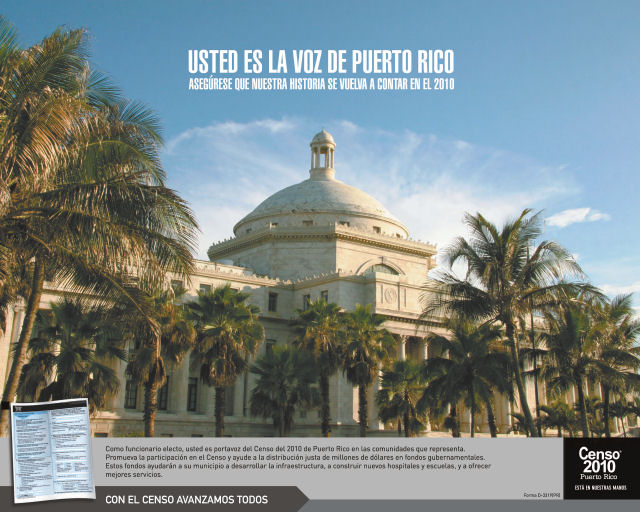- Historical Resourcespuerto Rican Genealogy Society
- Historical Resourcespuerto Rican Genealogy Ancestry
- Historical Resourcespuerto Rican Genealogy Sites
Births in Puerto Rico often occurred at home. A parent or other relative would have to register the birth at a municipal office, and this is where we get the 'Acta de nacimiento', or birth register. Below is a glossary of the terms and phrases shown in these documents:
The beginning of the birth register should indicate in what municipality/town the birth was registered. Depending on where your ancestor was born, their birth record might show a different municipality than their adult home address.


Puerto Rico is a commonwealth and territory of the United States after the Spanish American War of 1898. Puerto Ricans are natural-born citizens of the United States. Ancestry.com has made available the Puerto Rico Civil Records after 1885 as well as the census from 1910, 1920, 1930, 1935, and 1940 under US census rules. Caribbean Genealogy Research Country Resources Puerto Rico (Thanks to Ann) More information and accuracy is always welcome. Please send corrections, updates and additions HERE Updated 29 July, 2008. Slave schedule to Puerto Rico 1872 Slave register 1867 - 1876 Foreigners in Puerto Rico, ca. 1807 - 1880 Emigration and Immigration 1816 - 1837.
The text of the birth register document reads as follows:

Register of Birth
In the [name of municipality/town], at [numerical hour of the day] on the [numerical day] of the [month] of the [year spelled out in words], before [name of Judge], Judge of the Municipal District of [name of District], and [name of Secretary], Secretary, appeared [name of declarant], of [hometown (country, if not Puerto Rico)], adult, of [marital status], [profession], and resident of [street address and number], in order to register a [daughter / son], and to do that as [relationship to child]: Cadet leadership course.
Historical Resourcespuerto Rican Genealogy Society
That said [daughter / son] was born at the home of the declarant on [xx day of xx month].

That this child is the [legitimate / acknowledged / illegitimate] child of the declarant and [information about other parent; this section might include information on grandparents, as well].
That this child is [granddaughter/grandson] of [paternal grandfather's name], [aged xx years / deceased], and [maternal grandfather's name], [aged xx years / deceased].
And that this child has been given the name [name of child].
All of which was been witnessed by [names and titles of witnesses].
Sealed by the Municipal Court Judge, declarant, and witnesses.
Some useful phrases in translation:
mil novecientos = 19__ (rarely, 'mil ochocientos' = 18__)
comparecio = appears
legitimo = legitimate
natural = illegitimate
Use Google Hangouts to keep in touch with one person or a group. Available on mobile or on desktop, start making video or voice calls today. . Keep a record of any conversation for just a short period of time by turning history off. Connect your Google Voice account to make calls, send and receive SMS, and access your voicemail. Hangouts Chrome extension:. Use Hangouts and get notifications as you move from tab to tab in Chrome, or even without a Chrome window open. Install classic Hangouts on all your devices You can chat with one coworker or a larger group using a variety of apps and methods. Just install one or more of the following on the device (s) of. Google hangouts for macheavenlyboard.
Historical Resourcespuerto Rican Genealogy Ancestry
ya difunto = deceased
de __ años de edad = is __ years old
Historical Resourcespuerto Rican Genealogy Sites
Some records also list the race of the child, which literally translate as: blanca/o = white; mestiza/o = literally 'mixed', typically refers to a person of Spanish and Native American ancestry; mulata/o = a person with one parent of African descent and one parent of European descent; negra/o = black; parda/o = brown; triqueña/o = 'three cultures'.
